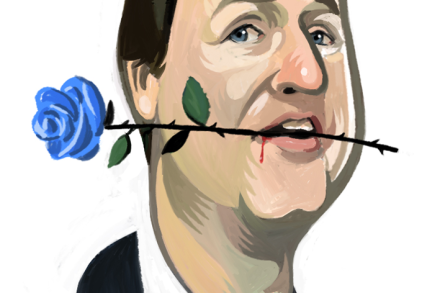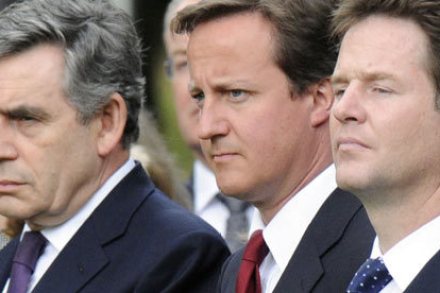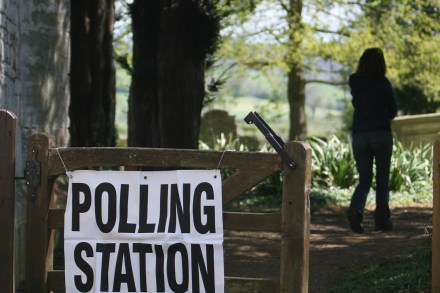Affluence for influence
I’d assumed the left was dead, but Mehdi Hasan says otherwise. The left is triumphant. Whilst Hasan defines left with abstractions like ‘progressive’ and ‘empowerment’, I prefer something more concrete. Unionism is triumphant. With New Labour in rigor mortis, the Unions slipped their moorings and struck out for old havens. Whelan, Crow, Simpson and Woodley are fixated on disruption. Crow will close the railways next Friday, the BA cabin crew suicide pact is now all but signed in blood, and thousands of civil servants will exchange the pen for the sword. Certainly, the members have grievances, but who doesn’t? Britain is emerging from the deepest recession since 1929 with a



















